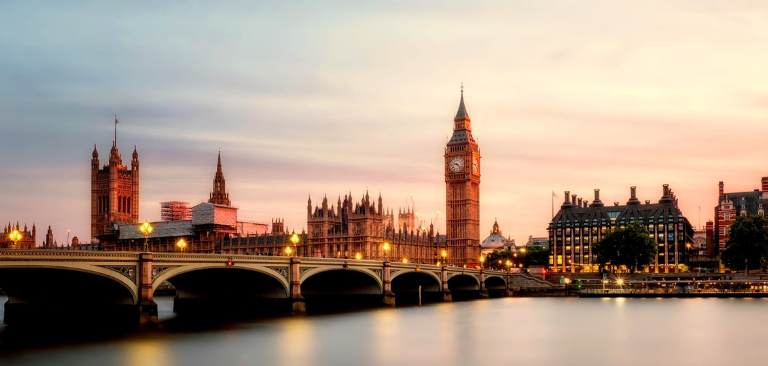A recent leak from with inside Google showed how employees purposely ignored pro-Brexit ads for the UK Conservative Party and the revelation likely added to the annoyance felt inside Downing Street when it comes to Big Tech.
The allegations of Big Tech social media platforms’ bias may now result in the UK government pushing them to be subject to “duty of impartiality” for preventing political bias on the internet. An insider with knowledge of the UK government’s internal discussions revealed that the country’s Prime Minister, Boris Johnson, was asking the Digital, Culture, Media and Sport Secretary if Big Tech should be required to adhere to a “duty of impartiality” as a part of the Online Harms Bill.
“There is a discussion paper circulating looking at content moderation and algorithmic bias which appears to take the position that online platforms are censoring conservative content,” said the insider. Downing Street has refused to comment.
The censorship-driven Online Harms Bill has already been facing a number of delays as the UK government is still deciding on how it can regulate the internet. The bill is already a tragedy for free speech. The death of a 14-year-old Molly Russell following the teenager accessing self-harm images on Instagram was what paved the way to the Online Harms Bill, which deals with several issues including but not limited to protection of children from sexual exploitation, foreign disinformation, and terrorist radicalization. It’s also further branched out to regulating “hate speech.”
The forthcoming Online Harms Bill, however, is also receiving pushback in the country as some are expressing their concerns over how it will suppress freedom of expression.
“There is a legitimate question for a society. We have got to a point where we have powerful online platforms in very few private hands. I don’t think Twitter or Facebook have been pushing a political agenda. But the issue is that somebody could,” said a law professor at the University of Essex.
Last February, the UK government released a consultation where it stated that it was considering appointing the UK’s communications regulator Ofcom as an Online Harms Regulator for bridging the gap between traditional media that is already being regulated and the online content.
Based on what the digital minister, Caroline Dinenage, says, it is revealed that Big Tech platforms may have to provide more insights into the underpinnings of their algorithm designs, while allowing the regulator to “request explanations about the way an algorithm operates.”
The lack of transparency when it comes to moderation decisions taken by Big Tech has become a major concern of late, with many facing censorship on platforms.






















